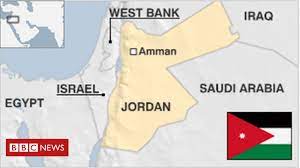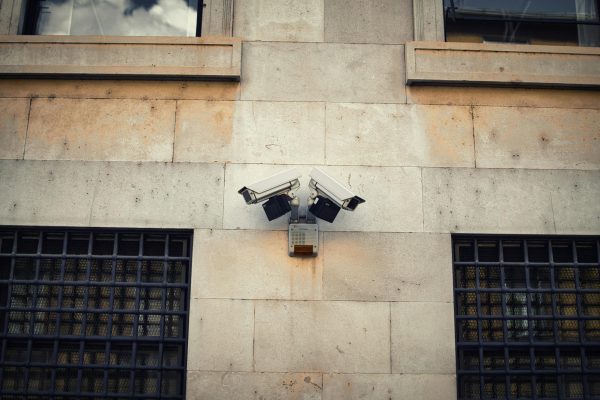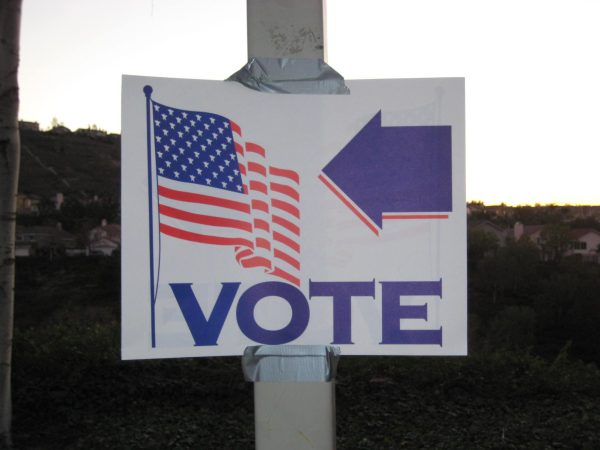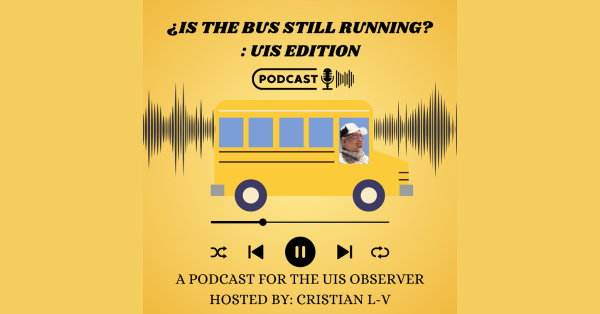Jordan: Averting an attempted coup or cracking down on dissent?

Photograph courtesy of bbc.com
Anyone with a sibling knows that it is never enjoyable when they call you out, even when it is warranted. However, not just anyone can have that sibling, their mother, and between 16 and 20 of their siblings’ associates arrested, then have any mention of the affair banned from social media in the country. That is what King Abdullah II of Jordan did on April 3, declaring that his half-brother, Prince Hamzah bin Hussein, had “engaged in activities that amounted to ‘promoting sedition’” and that the arrests were meant to foil “efforts that threatened Jordan’s security and stability.”
The King has claimed that this was an attempted coup backed by foreign governments (Israel and Saudi Arabia) though the Jordanian government has provided no real support for this accusation other than the fact that the prince has maintained connections with a former Jordanian finance minister and an Israeli businessman who the Jordanian government claims is a former Mossad operative. A contradictory account has been offered by Hamzah, who claimed in a video following his arrest that he was “not the person responsible for the breakdown in governance,” “the corruption and for the incompetence…has been prevalent in our governing structure for the last 15 to 20 years and has been getting worse,” and that “[I]t has reached a point where no one is able to speak or express an opinion on anything without being bullied, arrested, harassed and threatened.” According to the prince, he and his colleagues have been arrested in an attempt by the king to suppress criticism of the government’s failure to effectively respond to the COVID-19 pandemic and the perpetual economic problems that have plagued the country. The issue has formally been declared resolved following mediation by Abdullah’s uncle and Hamzah’s publication of a letter swearing loyalty to the king. However, both social media users and traditional media outlets continue to be banned from covering the incident in the country.
Despite this, the problems plaguing Jordan remain, over a quarter of Jordan’s people are unemployed, public debt remains at 95% of GDP, the government must provide for 600,000 Syrian refugees currently residing within its borders, and the government is viewed by many as deeply corrupt. Additionally, Hamzah remains a favorite among the Bedouin peoples that dominate the Jordanian intelligence services and security forces. Thus, they are a potential threat to Abdullah. Moreover, while this is entirely conjecture, it is somewhat unlikely that being placed under house arrest has improved Hamzah’s disposition toward his royal half-brother. And, as anyone with a sibling knows, family arguments tend to come back around.











